Resettling the vulnerable who cannot go home
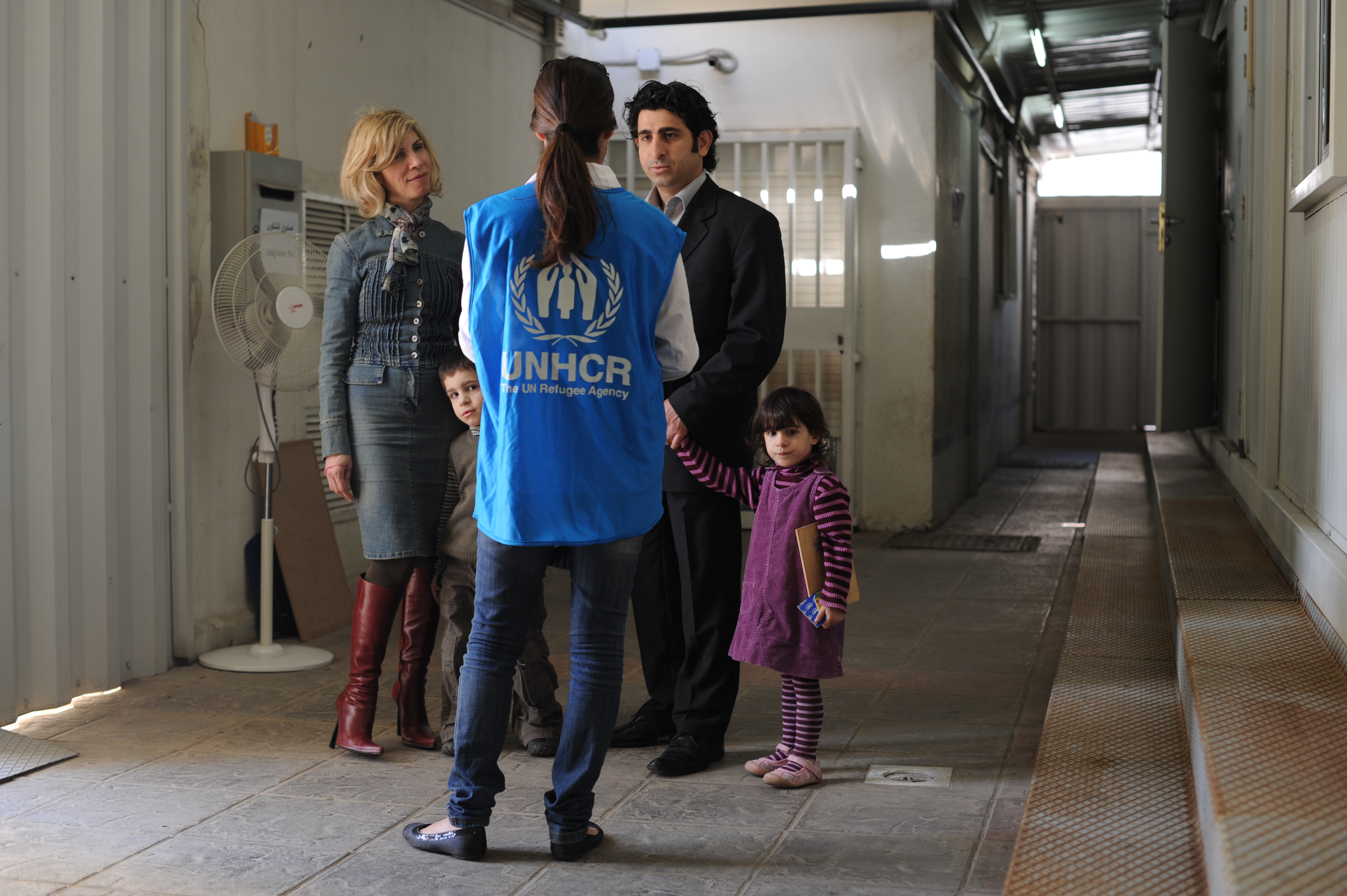
Resettlement in the West for the most vulnerable of the more than 1.5 million people who have fled Syria is as good as winning the lottery. For its part, Switzerland has only taken a handful and there are obstacles to opening the door wider.
“We fled Iraq due to the war and now we’ve fled Syria due to another war. We just don’t know what’s happening with our future or what we’re doing.”
Sitting in UNHCR’s office in Beirut, *Leyla stops talking, struggling to hold back the tears. Her piercing eyes tell of untold horrors.
The 48-year-old mother of three, members of Iraq’s Christian minority, escaped bombs and threats back home in 2007, like thousands of fellow refugees, only to face similar dangers in Aleppo, Syria.
Leyla and her family are among over 7,000 Iraqis registered with the United Nations High Commissioner for Refugees (UNHCR) at the end of 2012 who managed to cross the border to Lebanon. An estimated 65,000 registered Iraqi refugees in Syria still find themselves trapped in the conflict.
For people like Leyla, who are terrified of going home to Iraq or back to Syria as they face continued persecution and dangers, and need special help and protection, resettlement in a third country offers a potential lifeline.
Unemployed and struggling to keep her family afloat in the expensive Lebanese capital, she is desperately clinging to the idea that their family may one day resettle in the United States.
American dreams
Between 2007- March, 2013, 146,848 Iraqis were submitted for resettlement by UNHCR in the Middle East region and Turkey; between 2007-2012 the US, the world’s top resettlement country, accepted over 61,000 Iraqi cases.
Leyla’s family began the complex resettlement process in 2007 when they were living in Syria but, owing to the chaos and upheaval, had to start over again last year. They are now anxiously waiting for a meeting with the US embassy.
While the Iraqis’ chances of being accepted on the programme may be higher than others, the analogy of winning a lottery ticket is not far off. Resettlement is not a right and there is no obligation for states to accept refugees for resettlement.
Where local integration is not an option, and voluntary repatriation is not viable or feasible in the near future, resettlement may be the only durable solution available, especially in protracted refugee situations. But vulnerable refugees have to meet strict criteria (see freeform) and globally the number of places stands at around 80,000 annually.
Under a partnership agreement, every year UNHCR negotiates quotas with states – the US, Canada, Australia and Nordic countries provide around 90 per cent of places – but there is typically little flexibility or political room for manoeuvre to increase numbers and not many states accept emergency cases.
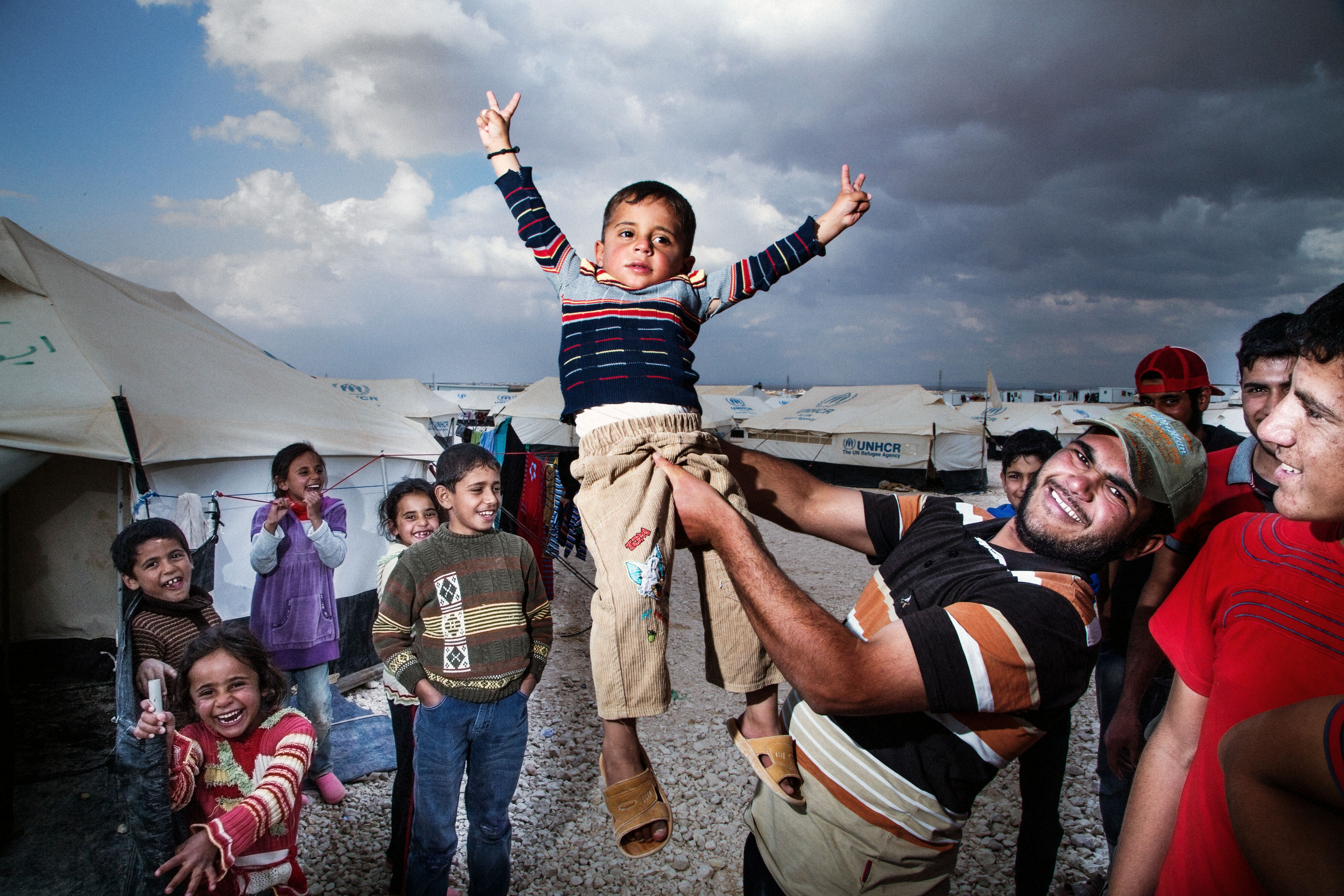
More
Life in Jordan’s desert city
A Swiss home
Switzerland has participated in UNHCR’s resettlement programme since the 1950s, but it abandoned its quota policy in 1998 and since 2005 has only taken in small groups of vulnerable refugees at the request of the UN agency. Justice Minister Simonetta Sommaruga can approve up to 100 arrivals at a time, after which the cabinet has to decide.
In March the alpine nation offered special protection to seven families – six of Iraqi and one of Palestinian origin, including ten women and 14 children who had fled armed violence in Iraq to seek refuge in Syria. A similar-sized group of Syrian families was welcomed in September 2012.
Since the beginning of 2011 2,401 Syrians also applied individually for asylum in Switzerland, of whom 342 were formally accepted – the rest are allowed to stay temporarily as they cannot be sent back.
The Swiss Refugee Council has criticised the recent resettlements as derisory, adding that they do not match Switzerland’s “humanitarian” rhetoric.
“It’s next to nothing,” lamented SRC boss Beat Meiner. “In the 1990s during the Balkans wars Switzerland gave temporary protection to around 100,000 Bosnians and Kosovars. I’m not asking for us to welcome 100,000 Syrians but we could do much more.”
Why is Switzerland not doing more to welcome refugees from the Syrian crisis? (emailed reply from Federal Migration Office)
“Since the start of the Syrian crisis, Switzerland has received two requests from UNHCR to welcome groups of refugees from Syria. It replied positively on both occasions and since last autumn welcomed 73 people, including 39 children.”
“Under its 2013 objectives the Swiss government is set to approve a global refugee resettlement strategy. This consists of a strengthened, multi-year policy to welcome groups of refugees in Switzerland in a targeted and structured manner that guarantees together with the cantons and communes their speedy integration. No figures are available at present. Close cooperation with UNHCR is essential in order to choose the refugees to be welcomed.
“Swiss support in the conflict region is also a priority. Switzerland gives UNHCR CHF34 million annually and has undertaken to provide CHF30 million in humanitarian aid.”
“Asylum seekers have the possibility of receiving a three-month humanitarian visa. Someone whose life or physical well-being is endangered therefore always has the possibility of coming to Switzerland to file an asylum request. To do so, Swiss authorities must be convinced that the applicant is directly in serious danger. Only those who are in imminent danger can obtain a humanitarian visa, which are granted by Swiss missions abroad. Six humanitarian visas have been handed out since new legislation was introduced in September 2012 – Syrians received four. Family reunions with Syrian refugees in Switzerland are also possible for husbands/wives and children.”
Hands tied?
The council has repeatedly called on the government to reintroduce its policy of accepting larger contingents of refugees – without success. It also urges the government to simplify the visa procedure for vulnerable Syrian refugees with relatives living in Switzerland.
Meiner, however, acknowledged that Sommaruga, a member of the centre-left Social Democratic Party, faced difficulties convincing her colleagues and parliamentarians to welcome additional numbers given the current tough asylum climate in Switzerland.
“She is currently facing lots of asylum accommodation problems and she’s proposing a whole new asylum system in Switzerland, so she doesn’t want to open another front with lots of new arrivals,” he added.
Johannes Van Der Klaauw, a senior UNHCR resettlement coordinator, defended the Swiss position.
“Switzerland so far works on an ad hoc basis, but has shown flexibility and support for UNHCR proposals for accepting groups of refugees on resettlement – mainly from the Middle East. Sommaruga has expressed her wish to adopt a regular resettlement programme. This has UNHCR’s full support, since this would increase predictability and sustainability.”
Can only get worse
The situation inside Syria and in countries sharing the refugee burden, meanwhile, looks set to only get worse. An overwhelmed and underfunded UNHCR predicts that by the end of 2013 the number of refugees fleeing Syria could rise to 3.5 million.
As it struggles to focus on the immediate humanitarian crisis at hand while resettling small groups of non-Syrians – mainly Iraqis, Palestinians, Somalis, Afghans and Sudanese – the agency says the large-scale resettlement of Syrian refugees is “not a priority”.
“Syrians are not talking about resettlement just now. They want to go home,” said one aid official. “The Jordanians and Lebanese are concerned and want to share the burden. The countries are very welcoming but they always have in the back of their mind the Palestinian refugee question. They are worried about creating a pull-factor so we need to go about resettlement in a strategic way.”
But based on past experience of refugee crises like Iraq or Ethiopia, and given the high numbers, population movements and sectarian issues, unless something changes it’s almost inevitable there will be a need for a large-scale resettlement programme, says UNHCR.
The potential tipping point, numbers and host countries can only be speculated upon. But given the size of the tragedy in Syria there should be a good response from primed resettlement states, said William Lipsit, head of UNHCR’s resettlement hub covering the Middle East and North Africa.
“I’m confident that if and when UNHCR makes the call states around the world will step up to the plate in a multilateral resettlement response that shares the responsibility with hosting countries like Jordan, Lebanon and Turkey,” he added.
*[name withheld]
Resettlement under the auspices of UNHCR involves the selection and transfer of refugees from a state in which they have sought protection to a third state that has agreed to admit them – as refugees – with permanent residence status.
Of the 10.5 million refugees of concern to UNHCR around the world, only about 1 per cent is submitted by the agency for resettlement in a third country.
The strict selection criteria include: legal and/or physical protection needs; survivors of torture and/or violence; medical needs; women and girls at risk; family reunification; children at risk; lack of foreseeable alternative durable solutions.
UNHCR estimates that in 2013 some 181,000 refugees will be in need of resettlement. Yet the current total number of planned places made available by countries stands at 81,000.
By nationality, the main beneficiaries of UNHCR-facilitated resettlement programmes in 2011 were refugees from Myanmar (21,300), Iraq (20,000), Somalia (15,700) and Bhutan (13,000).
Only 26 states take part in UNHCR resettlement programmes on a regular basis. The United States is the world’s top resettlement country, while Australia, Canada and the Nordic countries also provide a sizeable number of places annually. In recent years there has been an increase in the number of countries involved in resettlement in Europe and Latin America.

In compliance with the JTI standards
More: SWI swissinfo.ch certified by the Journalism Trust Initiative

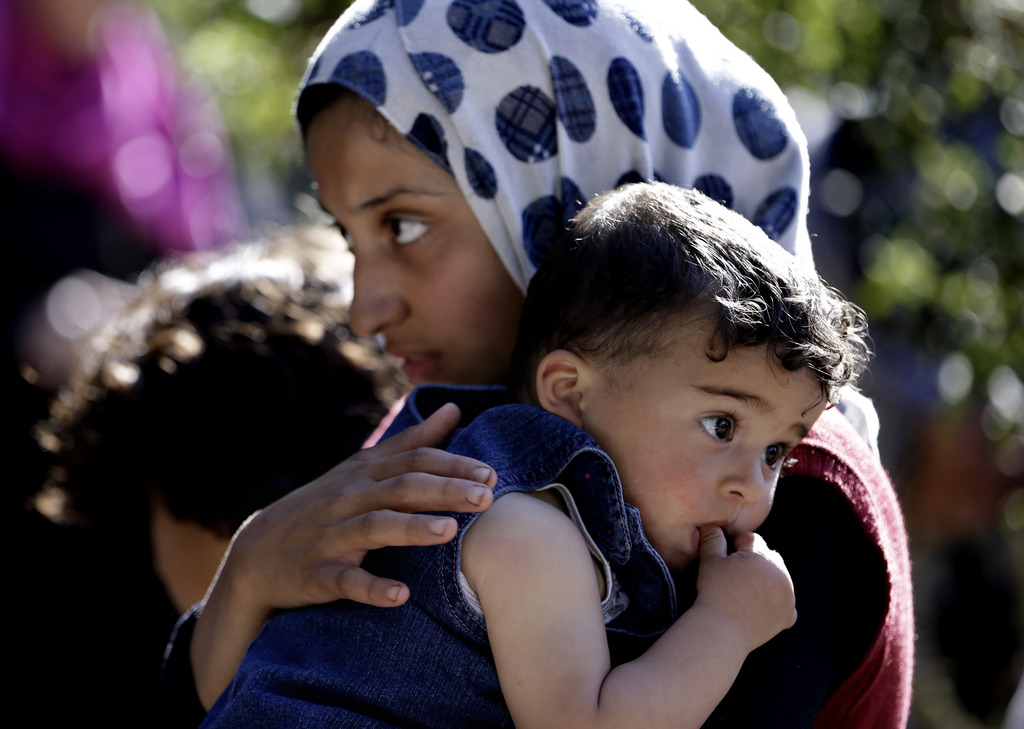
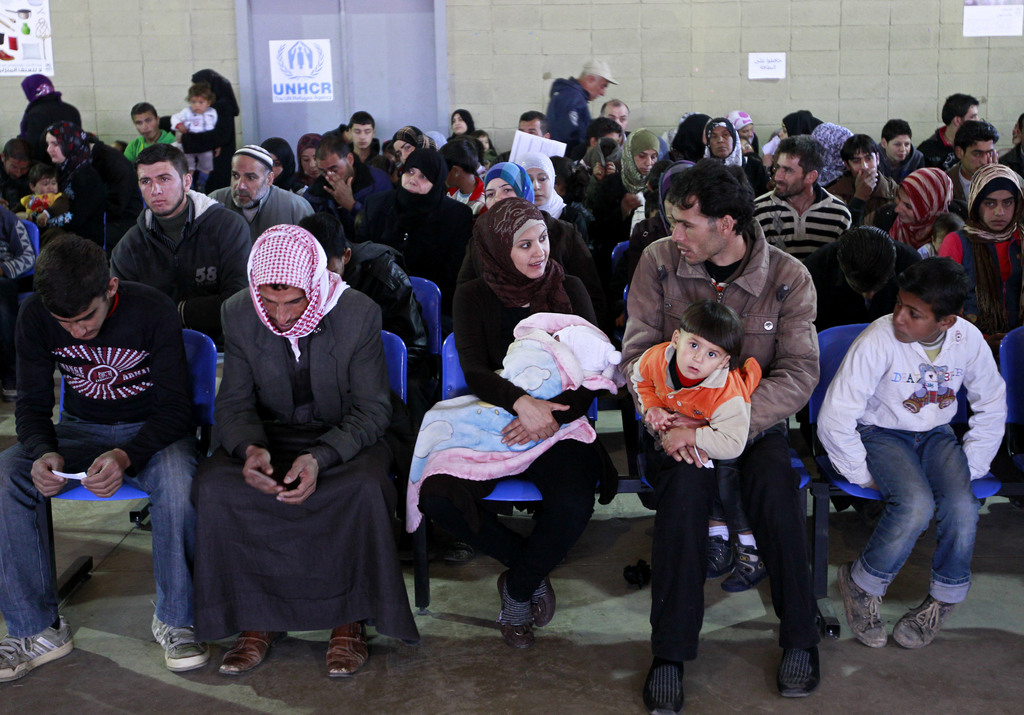
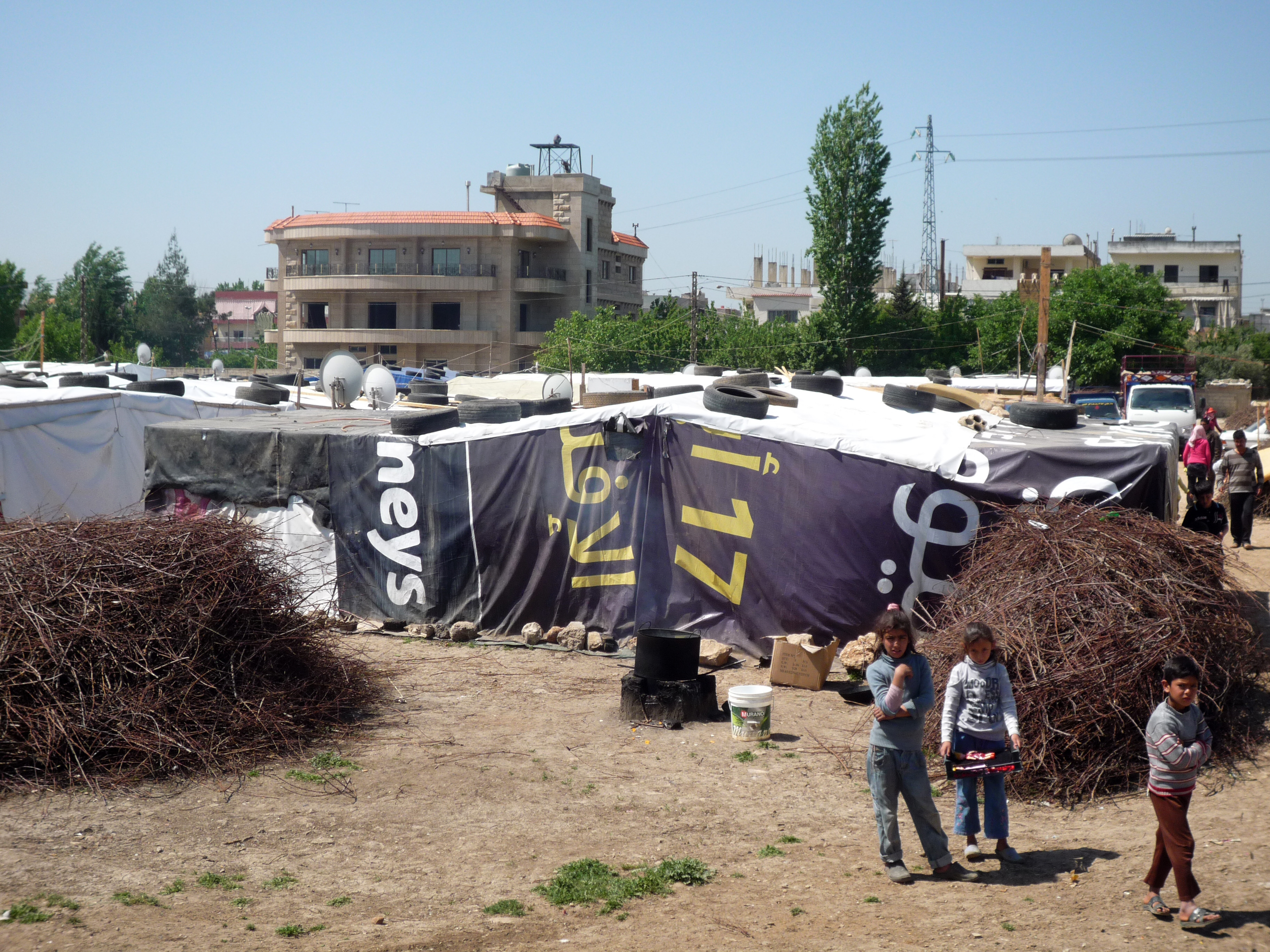
You can find an overview of ongoing debates with our journalists here. Please join us!
If you want to start a conversation about a topic raised in this article or want to report factual errors, email us at english@swissinfo.ch.